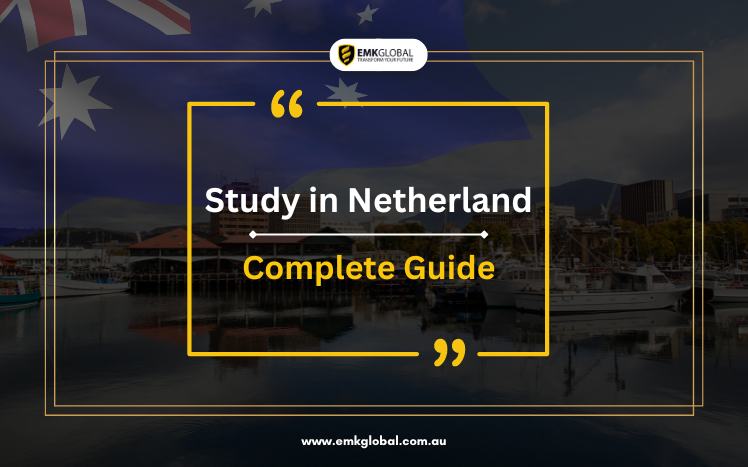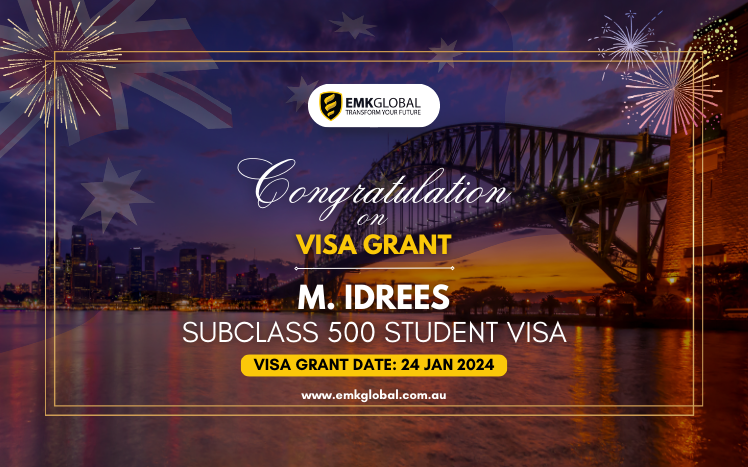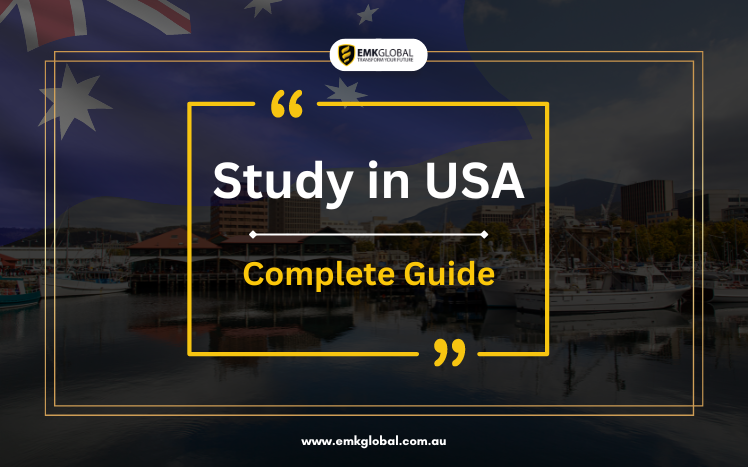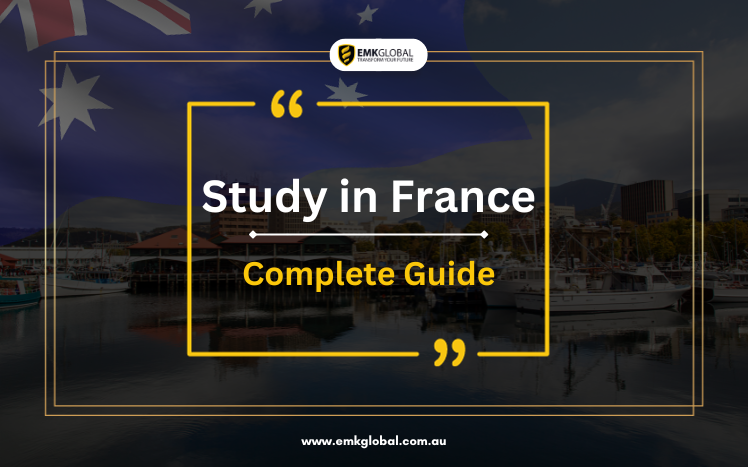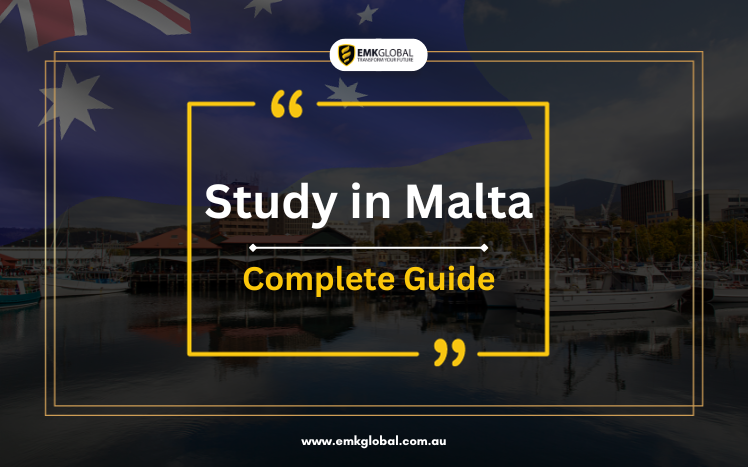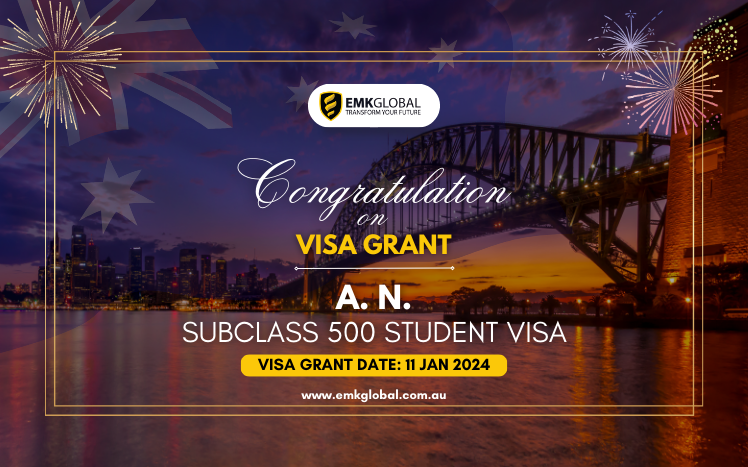Australia, renowned for its world-class education system, has recently introduced a game-changing Ministerial Direction – No. 107, outlining the prioritization of student and student guardian visa applications. This directive, signed on December 14, 2023, is a strategic move by the Australian Government to enhance the integrity of its international education sector.
Understanding the Framework
The foundation of Ministerial Direction No. 107 lies in the allocation of evidence levels to each Commonwealth Register of Institutions and Courses for Overseas Students (CRICOS)-registered education providers. This innovative approach streamlines the processing of applications from aspiring international students, ensuring a more structured and efficient system.
To delve deeper into the specifics of evidence levels, applicants can refer to the Evidence Levels framework.
Key Priorities Unveiled
Ministerial Direction No. 107 places the highest priority on specific categories of student visa applications:
- Applications Lodged Outside Australia by:
- Schools sector, Foreign Affairs or Defence sector, and Postgraduate Research sector applicants.
- Higher Education, English Language Intensive Course for Overseas Students (ELICOS), Vocational Education and Training (VET), and Non-Award sector applicants studying at an education provider with an Evidence Level 1.
- Subsequent Entrant Applications Outside Australia:
- Including an unmarried family member under 18 years.
- Student Guardian Visa Applications:
- Applicable for all applications, whether lodged in or outside Australia.
Equal Priority for Secondary Applicants
Any secondary applicant (spouse, de-facto partner, or dependent child) included in the primary visa application will be accorded the same priority as the primary applicant. This ensures a fair and comprehensive approach to family units applying for student visas.
Clarifying “Subsequent Entrant”
For those unfamiliar, a subsequent entrant refers to a secondary applicant for a student visa who did not submit a combined application with the primary applicant or primary visa holder.
Course Packaging Considerations
In instances where the primary applicant plans to undertake multiple courses of study (course packaging), the application’s priority aligns with the principal course of study. This prioritization is determined by the course with the highest Australian Qualifications Framework (AQF) level.
Implementation and Transition
The new student visa processing priorities took effect on December 15, 2023. This includes all visa applications submitted on or after this date and those lodged before this date, yet to be finalized. It’s essential for applicants to stay informed about these changes to ensure a smooth and successful application process.
It’s important to note that student visa applications submitted within Australia will continue to follow the existing processing arrangements.
For a more detailed breakdown of the priority groupings, applicants are encouraged to refer to the Ministerial Direction.
Australia’s commitment to refining its student visa processes demonstrates a dedication to fostering a diverse and dynamic international student community. Aspiring students are encouraged to navigate these changes with the provided resources to make informed decisions and embark on their educational journeys in the Land Down Under.



